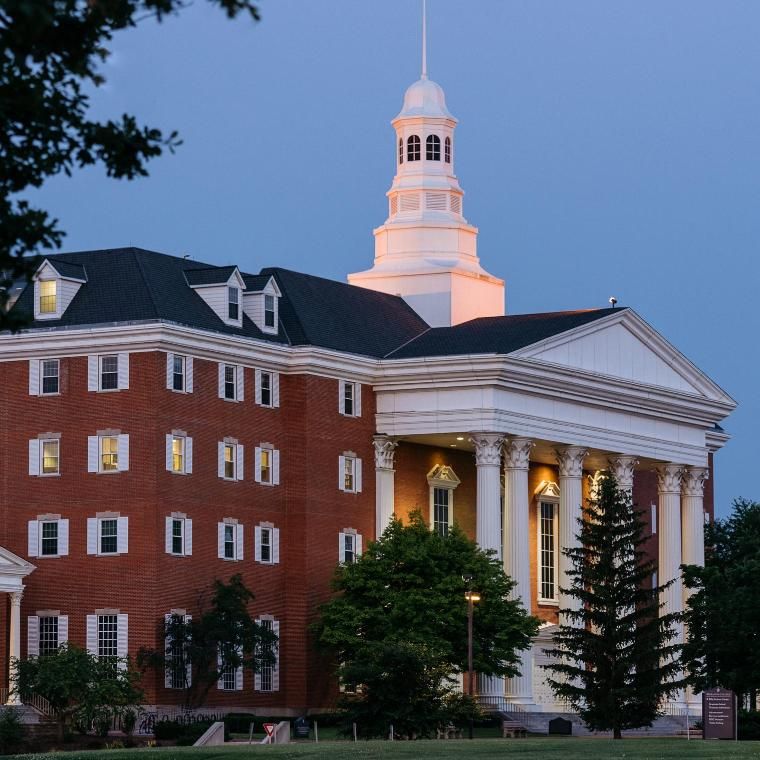HDI in Africa
The Humanitarian Disaster Institute at Wheaton College works with churches and faith-based organizations in Africa, equipping leaders to address trauma care and gender-based violence.
Caring for Refugees in Kenya
“When you come and speak with us and work with us, we no longer feel like refugees. We feel like people.” –Kakuma Camp resident to Daniel Martinson Psy.D. ’18
The Kakuma Refugee Camp in Northwest Kenya was built in 1994 to hold 60,000 refugees. More than 20 years later, it is now home to 180,000 refugees, or about 29 percent of the total number of people identified as refugees and asylum-seekers in Kenya as of January 2015.
Qualitative Study
HDI first traveled to Kakuma to complete a qualitative study of the work of the United Refugee and Host Churches (URHC), a refugee-initiated association of 50 churches representing 9 nationalities within the camp. The study examined the successful strategies employed by the URHC to bring together diverse denominations to work together for the betterment of all the refugees in the camp and eventually the surrounding community.
This project, conducted at the invitation of the International Association for Refugees (IAFR), a not-for-profit that serves as the liaison between the World Evangelical Alliance and the United Nations High Command for Refugees (UNHCR), led to a report to the UNHCR on the grass-roots peace strategies of the association. The full report contains lessons for everyone interested in building stronger communities through grass-roots church-based efforts.
Kalen Drake M.A. ’15, Psy.D. ’18 and Daniel Martinson Psy.D. ’18 conduct a trauma care role play with church leaders at Kakuma Refugee Camp.
Kalen Drake M.A. ’15, Psy.D. ’18 was among those who traveled to Kenya to meet with this group of church leaders. She was struck by the group’s sacrificial concern for the less fortunate. “Every week, this group of lay leaders and pastors were giving 10 percent of their rations to people who they considered more vulnerable than themselves. They were exemplifying the foundation of what the church is supposed to be. They have nothing, and yet they are caring for others, and trusting God for the resources.”
Building Capacity for Trauma Care
Working together with members of URHC, HDI and the students of the applied research lab are currently working on a second project at Kakuma to build capacity for trauma care within the camp. The developing program combines traditional trauma care practices with the various ministries of URHC, creating a broad, multi-level and community-based approach to trauma care and mental health.
Mark Schoenrock, Kenya Ministry Leader for the International Association for Refugees, met with Jean Pierre Gatera, who led the United Refugee and Host Churches while at Kakuma Refugee Camp.
Mark Schoenrock is Kenya Ministry Leader for IAFR. He says, “Due to the remote location of the camp, refugee pastors have little access to pastoral and theological resources and training. Yet they shepherd communities in one of the world's most challenging contexts. HDI has been an answer to prayer . . . bringing teams consisting of professors and graduate students from Wheaton College Graduate School offering trauma care training and systematic theology instruction to refugee pastors and church leaders.”
Additional Projects
Since the work of URHC serves as an example of the effectiveness of church groups in working with displaced people, providing new insights and demonstrating the power of the church within a community, HDI has plans for several more projects at Kakuma including:
- Quantifying the impact of the peace strategies of the church association and piloting them in a second location;
- Validating a screening tool for gender-based violence among refugees (in partnership with the camp NGOs) with the aim of improving care; and
- Assessing African concepts of recovery compared to Western concepts to aid in culturally adapting treatment programs.
Marianne Millen Psy.D. '19 meets with Rushara Nicodemus, head of women’s ministries for the United Refugee & Host Churches (URHC) at Kakuma Refugee Camp, to gather information that will allow HDI to design trainings to help equip the camp's women's ministry leaders.
Church-based Trauma Care in the DRC
HDI also completed a project with the American Bible Society and the “She’s my Sister Project” in collaboration with other NGOs to implement and study the effectiveness of a church-based trauma intervention for addressing gender-based violence in the Democratic Republic of the Congo. The study helped establish a baseline of trauma needs, tested the efficacy of the intervention, and assisted with adaptations for refinement and replication. As part of this project, HDI also evaluated literature on the cost of trauma and developed recommendations for measurement on a countrywide basis.
